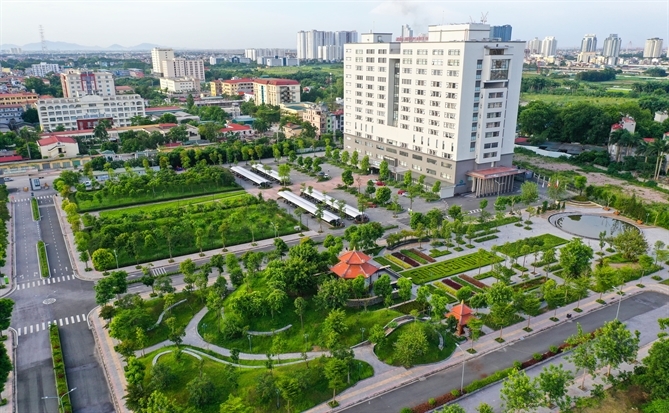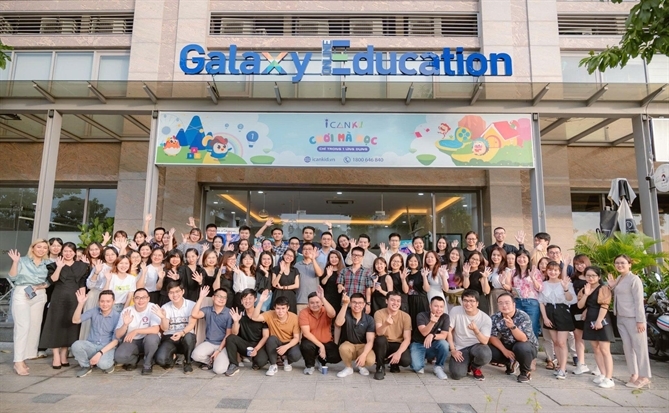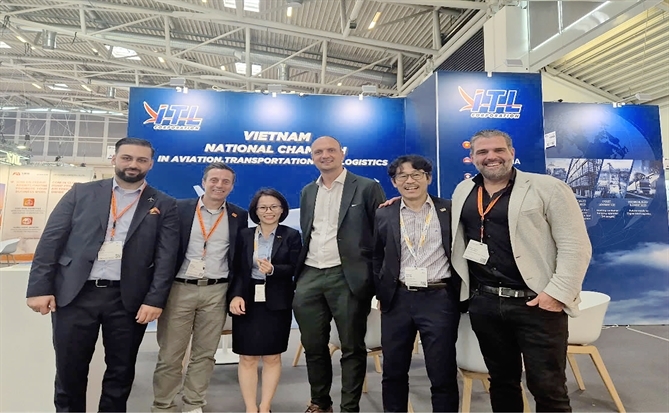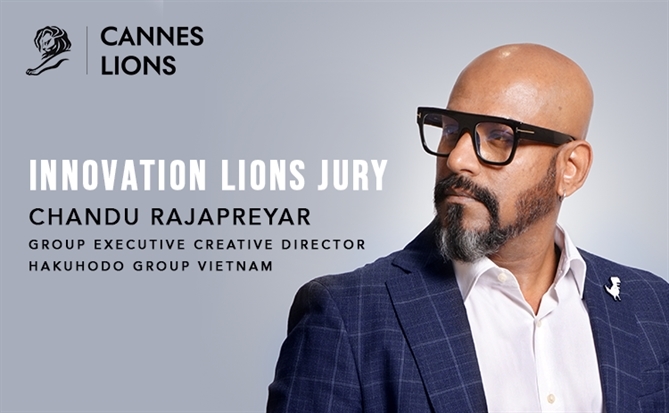How to drive team performance with the power of motivation?
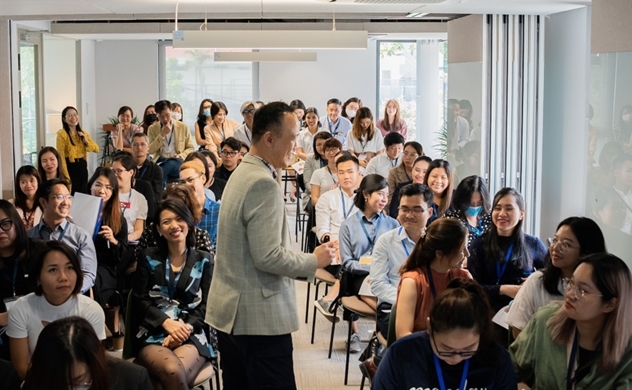
Photo: Tribee.vn
Peter Drucker once said: “Culture eats strategy for breakfast”. Organisations spend enormous amounts of time discussing strategy - but how much time do you focus on shaping the culture? Are you as a leader creating the culture of performance? Is your staff motivated? How to motivate people? These are the fundamental questions every leader needs to ask herself daily.
The authors of this article have spent over a decade helping organizations in Vietnam to build motivated, high performing teams. In most cases, the initial challenge these organizations face are: lack of understanding about the factors that cause motivation, and the fact that managers either underestimate their own role in motivating employees or don’t know how to do it.
In order to help company leaders address these challenges, Tribee.vn and Leaders Create Leaders organized a workshop which helped leaders to understand the key issues and come up with plans for building the culture of high performance in their own organizations. Over 60 senior managers joined from companies deeply committed to building highly motivated teams and high performance culture, such as: Biti’s, Aviva, ABA Logistics, CarePlus, Cargill, GUMAC, ELSA, Hong Leong Bank, Lotte, Shopee, Tiki, Saigon Children’s Charity, Leaders Create Leaders, and Tribee.
This article shares the key realizations from the workshop: Drive strong team performance with the power of motivation by Warren Eng and - Leadership coaching expert, Founder & CEO of Leaders Create Leaders, and Paweł Górski - Founder & CEO of Tribee - Employee Motivation Platform.
What is the role of culture and motivation?
Contrary to common belief, a company culture is not formed when the leadership decides to create it. Corporate culture is formed as soon as the first employees join the organization because culture is created by people, their behaviours, thoughts, and attitudes when working together.
Company’s leadership has a simple choice: let the culture be shaped on its own or proactively define the behaviours and attitudes they believe are essential for their company’s success. And, it’s an everyday effort to communicate, walk- the- talk, promote, and recognize these behaviours which build the desired culture.
 |
For example, at Tribee, the team defined their culture as the expectations they have towards each other in the team which they believe would make them successful as individuals and as a business. Team members regularly find new books or articles helping them to do their work better, ask inquisitive questions, and go beyond their job description to learn more about other areas of work. They realized it was an essential behaviour to ensure the company continuously developed. That’s why “Constantly Growing” is one of the behaviours the Tribee team members expect from each other every day. Other team expectations they defined are: caring about the Tribee universe (team members & people and organizations we seek to serve), proactive ownership, creating positive ‘Wow’! experiences, and voicing ideas, opinions & failures fearlessly.
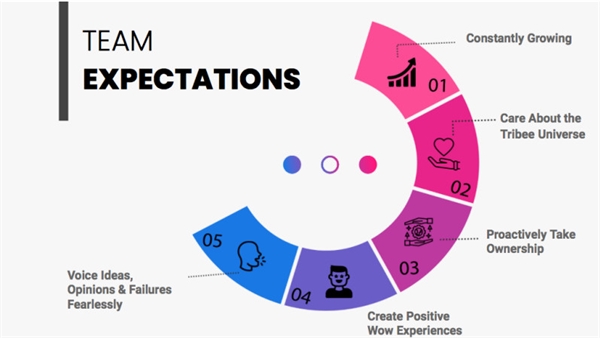 |
| Team expectations defined by Tribee team members to each other |
What is motivation?
Motivation on the other hand is the answer to the WHY question: “Why do I do what I do?”, “Why do I do what company wants me to?”. It’s the force that drives our actions. Motivation is the process that initiates, guides, and maintains behaviors intended to reach certain goals. Results our companies achieve rely in large part on the performance of the employees. Only by knowing what motivates the employees to fulfill their responsibilities at work, do we have to help them increase their performance, and therefore business results.
There are two types of motivation. It may come from external factors (extrinsic motivation), e.g. money, benefits & perks, status, praise, competition, fear. It also comes from internal factors (intrinsic motivation), e.g. freedom, relationships, sense of belonging, learning, mastery, or purpose.
What is a leader's role in motivating employees?
Successful leaders operate in the mindset that they are working for their teams, and not the team working for them! One of the leader’s key jobs is to help each employee to stay motivated. It means that the leaders must choose and address the right motivation factors (intrinsic or extrinsic) at the right time, and at the right place.
Each of your employees is different. They have different personalities, different goals, and needs. Leaders’ responsibility is to understand each team member and how these differences impact the dynamics in the team.
A powerful tool for each manager is to understand 6 core human needs and how to apply them to motivate employees and drive high performance.
What are the 6 core human needs?
Certainty. What is the income I can be certain about? Will I be paid the correct amount on time? What are promised benefits like holidays, insurance? Is the bonus scheme transparent? Is my work evaluated fairly and am I treated with respect? Do I feel safe at work so that even if mistakes happen, it won’t make me lose my job?
When there is enough certainty, it empowers employees to gain motivation from uncertainty:
Uncertainty / change. Are there any occasional changes that make my work more exciting? New goals? New challenges? Do I get a chance to do different things? Or do things differently? Do I get new experiences?
Significance. In the last 7 days, have I received recognition or praise for doing good work? Do people at work care about me as a person? How do people perceive me and how do I perceive myself? At work, does my opinion count?
While so important, significance as a need is often underestimated in Asian cultures. We tend to confuse humility with underestimating ourselves and others. Therefore, we miss the opportunity to contribute by giving recognition to others, and giving it in the right way! Addressing the need of significance by employee recognition is so powerful and it’s free to give. That’s why we want to address it in more detail here.
Connection amplifies positive feelings and security (certainty). Some key questions are: Do I feel connected to my boss? To my coworkers? Do I feel proud of my company and my team? Does understanding the company mission/vision make me feel more connected to the company? Do my team goals help me feel more connected to my team?
Growth. Do I have an opportunity to grow at work? Do I receive feedback that helps me to improve? Do I see any future opportunities in my organization? Has someone at work talked about my progress and development in the last 6 months?
This is where the leader must ensure that the employees understand their opportunities to grow in the team: their career path, the opportunities to grow new skills. It is the leader who must notice and acknowledge the progress of each employee especially when they don’t realize it themselves!
Just like everything else in nature - when we stop growing, we die!
Contribution. Do I know why my work is important for the entire organization? Am I empowered to contribute to others at work? Does anyone ask for my opinion? Am I empowered to contribute to our society and the environment?
 |
By asking team members’ opinions, empowering them to share their ideas, the leader builds a growth culture which further supports the company's performance.
It’s important to remember that the role of a leader, and also every coworker, is to see value in others (significance) so that we can add value to them (contribution).
By noticing and recognizing people’s value, we motivate them to reach their full potential - not where they think they can go but where they can actually go!
Why is employee recognition so important?
Paweł, the co-author of this article, in the past used to work as a sports coach for children as young as three years old. After every completed drill, the first thing the children would do, was to raise their heads up and look towards their parents. They were expecting praise and acknowledgement that they had done well. Parents praise and cheering were the fuel helping the kids to stay focused on the activities and become better.
You may think that such desire for praise only refers to children and once we get more mature, we must be professional and not expect someone to recognize our work because work is what we get paid for, it’s our job! Our friend working as a senior manager in a large multinational company once shared: “I would love my boss to give me feedback from time to time when I do a good job. I know she cares about me and in annual reviews she tells me that she appreciates my work. But It’s such a long time to wait to hear a good word from her…”. From early age throughout adulthood, humans are hardwired to desire recognition.
 |
This is also why the founders of Tribee employee motivation app decided to make employee recognition the central part of the Tribee app design. Paweł Górski, the founder of Tribee says: “While companies spend huge amounts of money to motivate employees through compensation, bonuses, benefits, company trips and other events, recognition is free and when done right, it’s a powerful motivator!”.
About the authors:
Paweł Górski is the co-founder & CEO of Tribee.vn - the employee motivation app with a mission of enabling employee motivation for sustainable happiness. Tribee helps clients to improve key business metrics such as revenue, cost, customer satisfaction. The platform allows companies to connect with their employees directly, understand and address their needs to motivate them and achieve high performance. It proved to be especially important for companies with large, high customer touch-point workforce spread across different locations in Vietnam.
Warren Eng is the founder & CEO of Leaders Create Leaders - a community of powerhouse leaders. LCL offers a Growth Journey that supports leaders to transform themselves and others, stretch their potentials, maximize performance, and create an empowering work culture among organizations. Warren has lived in Vietnam for over 15 years. He has trained and coached employees from top companies in Vietnam such as FWD, Samsung, Pfizer, Abbott, Nestle, among many others.

 TIẾNG VIỆT
TIẾNG VIỆT 